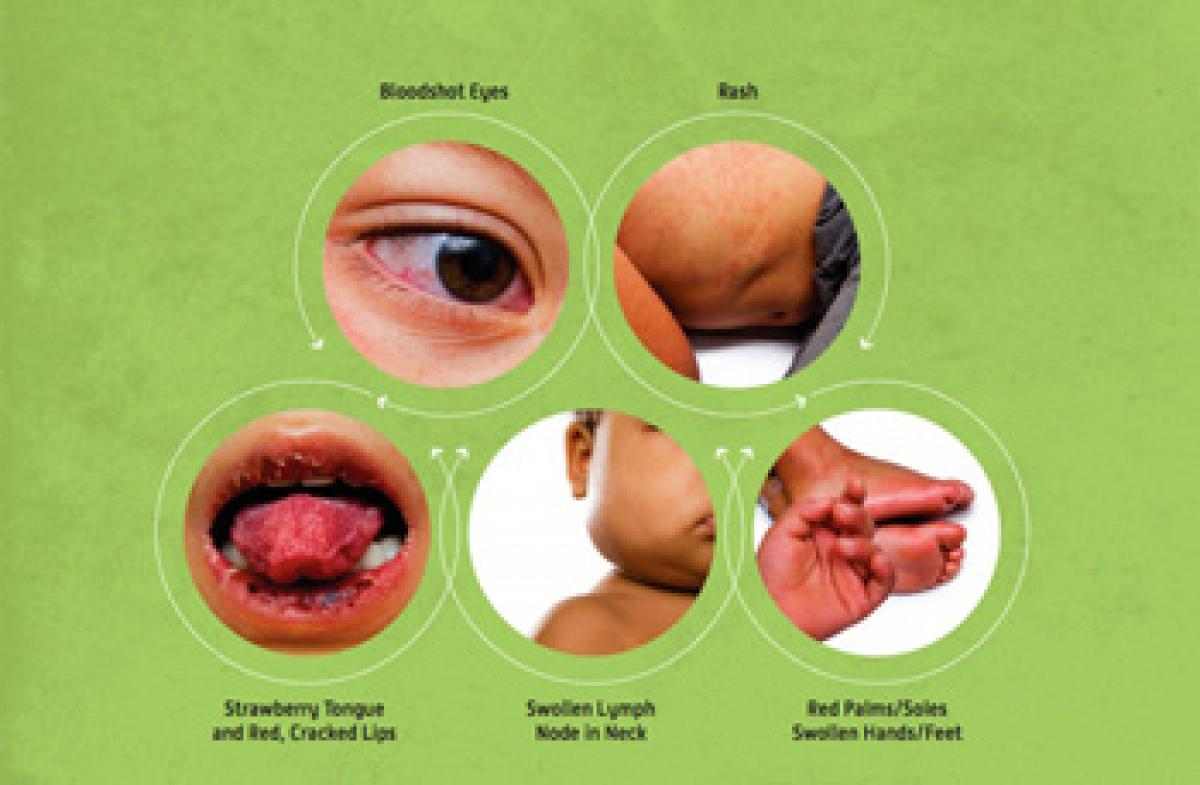WHO extremely alarmed by Zika

The World Health Organization (WHO) expects the Zika virus, which is spreading through the Americas, to affect between three million and four million people, a disease expert said on Thursday.
Says the number of the virus affected could touch 4 million
Geneva : The World Health Organization (WHO) expects the Zika virus, which is spreading through the Americas, to affect between three million and four million people, a disease expert said on Thursday. The WHO's director-general said the spread of the mosquito-borne disease had gone from a mild threat to one of alarming proportions.
Marcos Espinal, an infectious disease expert at the WHO's Americas regional office, said: "We can expect 3 to 4 million cases of Zika virus disease." There is no vaccine or treatment for Zika, which is a close cousin of dengue and chikungunya and causes mild fever, rash and red eyes. An estimated 80 percent of people infected have no symptoms, making it difficult for pregnant women to know whether they have been infected.
WHO Director-General Margaret Chan said the organisation's will convene an emergency committee on February 1 to help determine the level of the international response to the outbreak of the virus spreading from Brazil. "The level of alarm is extremely high," Chan told WHO executive board members at a meeting in Geneva. "As of today, cases have been reported in 23 countries and territories in the (Americas) region."
Brazil's Health Ministry said in November 2015 that Zika was linked to a foetal deformation known as microcephaly, in which infants are born with abnormally small heads. Brazil has reported 3,893 suspected cases of microcephaly, the WHO said last week, more than 30 times more than in any year since 2010 and equivalent to 1-2 percent of all newborns in the state of Pernambuco, one of the worst-hit areas.
Chan said that while a direct causal relationship between Zika virus infection and birth malformations has not yet been established, it is "strongly suspected". "The possible links, only recently suspected, have rapidly changed the risk profile of Zika from a mild threat to one of alarming proportions," she said.
The U.S. Food and Drug Administration said it is working with other federal agencies, blood collection establishments and industry organizations to quickly implement "donor deferral measures for travelers who have visited affected regions in order to protect the blood supply in the United States." Brazilian President Dilma Rousseff said her country must wage war against the Aedes aegypti mosquito that spreads the virus, focusing on getting rid of the insect's breeding grounds.
The mosquito thrives in dense tropical cities, and Rousseff called for the elimination of stagnant water spots where it lives and reproduces. US researchers called on the WHO to take swift action. Georgetown University researchers urged Chan to heed the lessons of Ebola and called on the WHO to convene a special emergency session of health and infectious disease experts to consider declaring Zika a serious health crisis that endangers international public health.
The WHO's leadership admitted last April to serious missteps in its handling of the Ebola crisis, which was focused mostly on three West African countries and killed more than 10,000 people. Some critics have said the WHO's slow response played a major role in allowing the epidemic to balloon into the worst Ebola outbreak on record.
Airlines are reacting to concern among pregnant women about travel to affected countries. Chile-based LATAM Airlines, Latin America's largest carrier, said it would offer refunds or the opportunity to change destination to pregnant women and their traveling companions with international flights booked to Brazil, Colombia, Mexico, and other affected countries.
US airline United Airlines expanded its program allowing customers with reserved tickets for travel to impacted regions to postpone their trips or obtain refunds with no penalty. A tropical climate, dense cities, poor sanitation and slipshod construction provided ideal conditions for mosquito breeding grounds and the spread of the Zika virus in Brazil's northeast, across the country and to more than 20 others throughout the Americas.
Recent models for how the disease is spreading predict "significant international spread by travelers from Brazil to the rest of the Americas, Europe, and Asia," Dr. Daniel Lucey, an infectious disease expert, and Lawrence Gostin, a global health law expert, wrote in the viewpoint article in the Journal of the American Medical Association.











